Indigenous Governance Database
Intergovernmental Relations
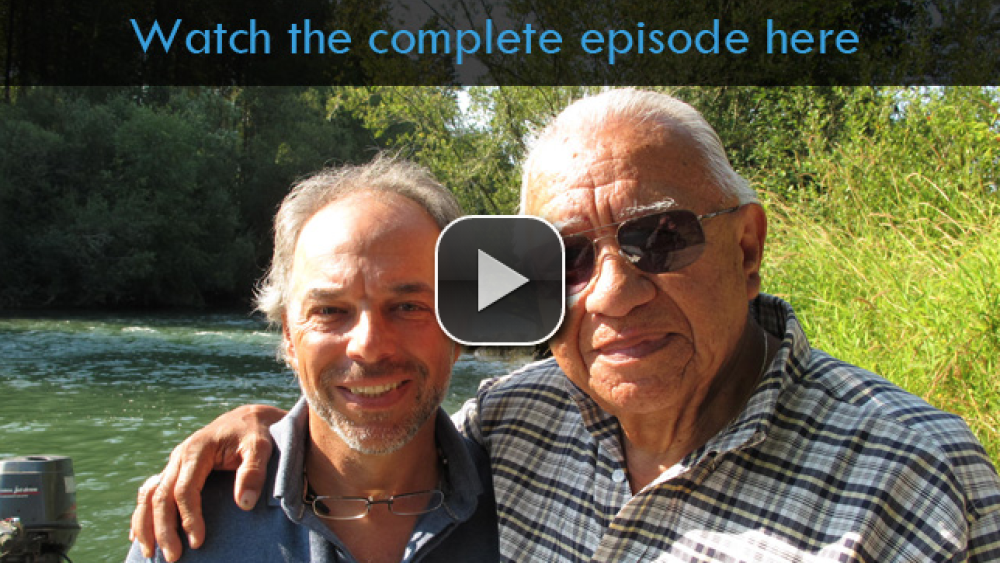
Saving the Ocean: River of Kings, Part 1
An unusual coalition of tribal leaders, private partners and government agencies is working to restore Washington's Nisqually River from its source in the glaciers of Mount Rainier to the estuary that empties into Puget Sound. Led by the Nisqually tribe, the restoration aims to fill the river once…
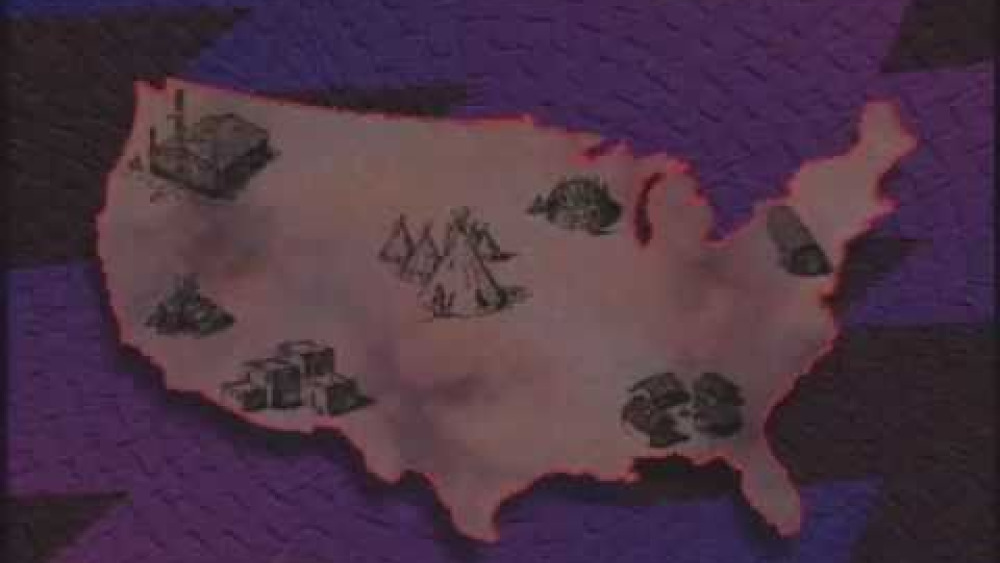
Tribal Sovereignty: The Right to Self-Rule
This is an excerpt of a longer educational DVD produced to answer frequently asked questions about American Indian tribal governments and the roots of tribal sovereignty. Among other things, it discusses the U.S. Constitution's explicit acknowledgement of tribal sovereignty and Native peoples as…
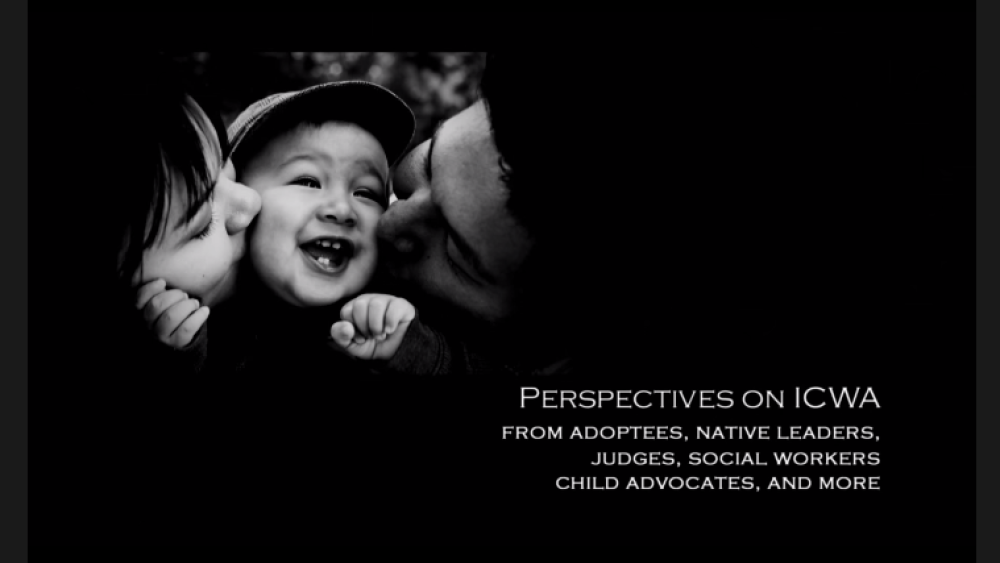
Bringing Our Children Home: An Introduction to the Indian Child Welfare Act
This six-minute trailer introduces viewers to a documentary film (currently in development) that examines the impact of the Indian Child Welfare Act (ICWA). The documentary is the product of an ongoing collaboration between the Mississippi Courts, Child Welfare Agency, the Mississippi Band of…

Cigarette smuggling and the Akwesasne Mohawk Reserve
In this CBC Television news report from 1988, reporter Bruce Garvey takes a long look at the selling -- some call smuggling -- of tax-free cigarettes at the Akwesasne Indian Reserve. Garvey presents this report on the difficulties created by the unique situation of the Akwesasne Indian Reserve,…
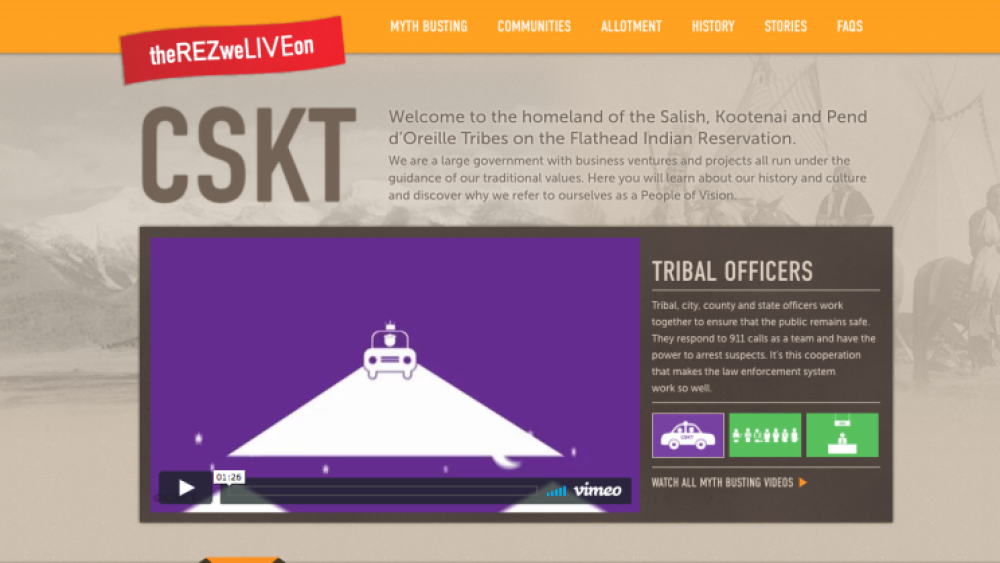
The Rez We Live On
The Confederated Salish and Kootenai Tribes produced this series of online videos in an effort to dispel untruths about life on the Flathead reservation in Montana. Consisting of 10 short, graphically based videos on topics ranging from Sovereignty to Taxes, "The Rez We Live On" site is geared…
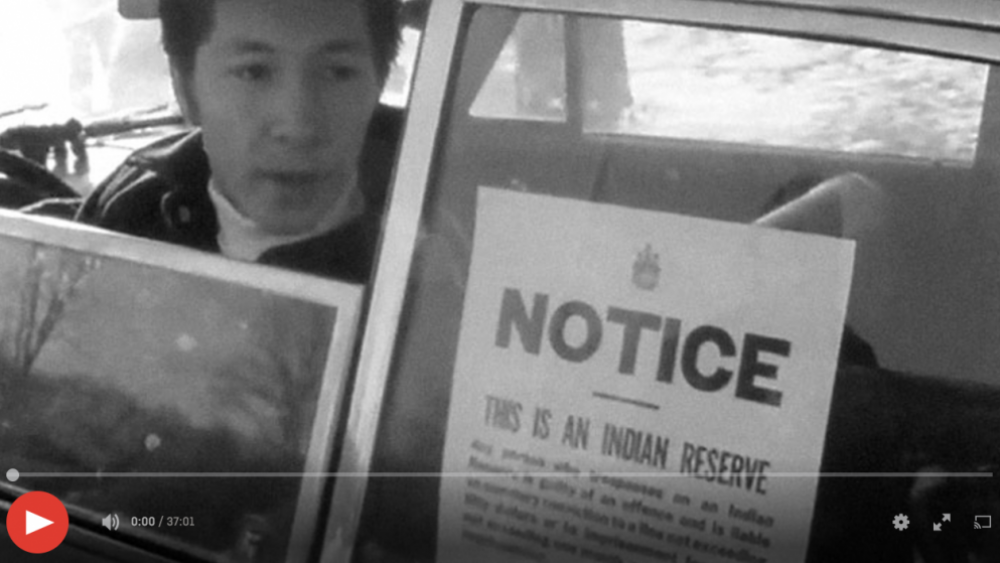
You Are on Indian Land
This film shows the confrontation between police and a 1969 demonstration by Mohawks of the St. Regis Reserve on the bridge between Canada and the United States near Cornwall, Ontario. By blocking traffic on the bridge, which is on the Reserve, the Indians drew public attention to their grievance…

Mi'gmaq Nation Listuguj
The Listuguj Mi'gmaq Listuguj Nation started a movement to protect their salmon fisheries involving protests, arrests, and eventually organizing to establish fishery laws in eastern Quebec. They formalized documents and laws to assert their jurisdiction that began at a grass-roots level in the…
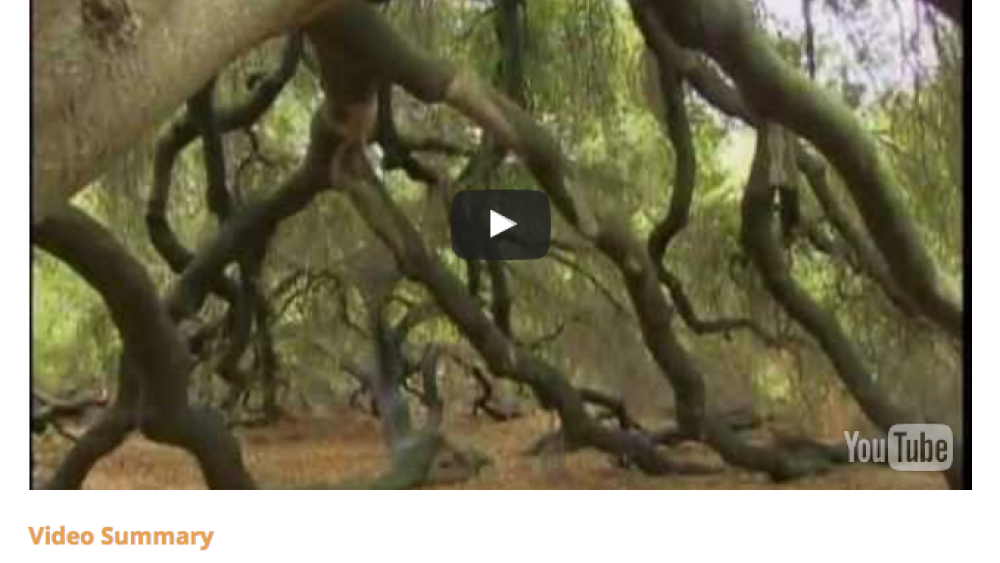
Native Report: The Agua Caliente Band of Cahuilla Indians and the City of Palm Springs
This episode of Native Report examines the unique relationship between the Agua Caliente Band of Cahuilla Indians and the City of Palm Springs, California, casting much-needed light on the benefits of intergovernmental cooperation. (Segment placement: 1:17 - 8:44)
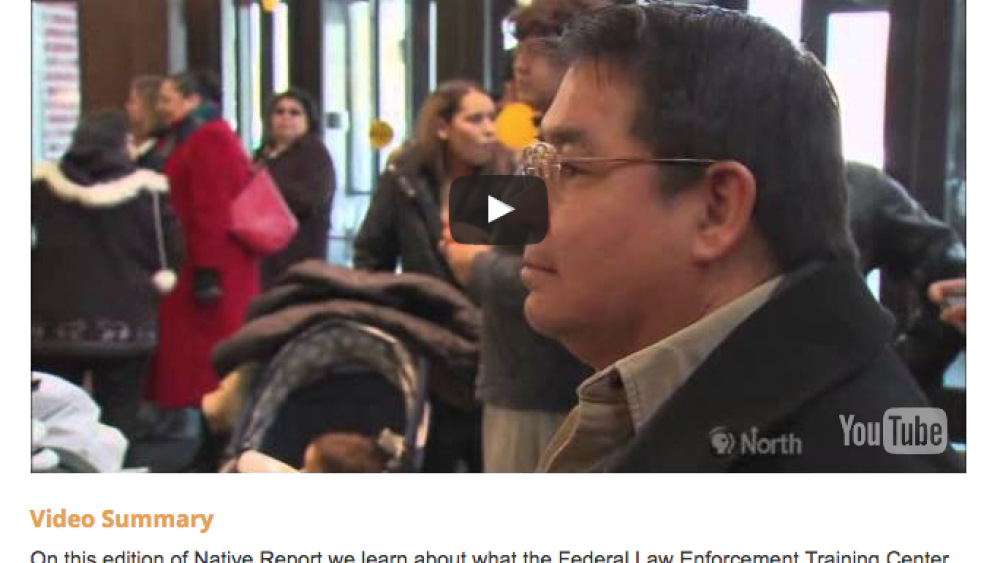
Native Report: Season 6: Episode 7
On this edition of Native Report we learn about what the Federal Law Enforcement Training Center is and why it's important to native people. We travel to the Bois Forte Band of Chippewa to learn about why a State of the Band Address matters to the people of the community and their neighbors; and we…
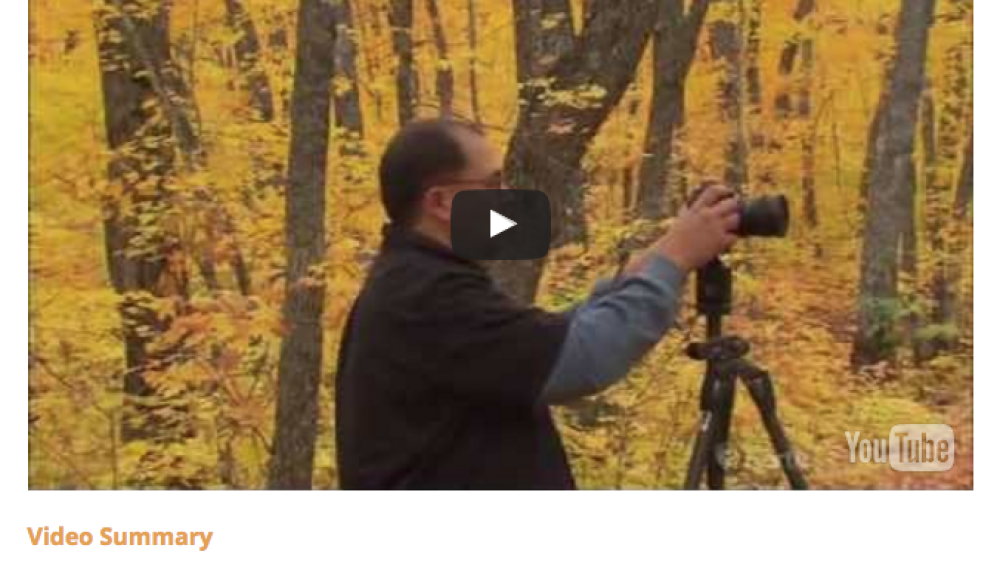
Native Report: Jodi Gillette
On this edition of Native Report meet Jodi Gillette, Deputy Associate Director with the White House Office of Intergovernmental Affairs. (Segment placement: 18:45-25:32)
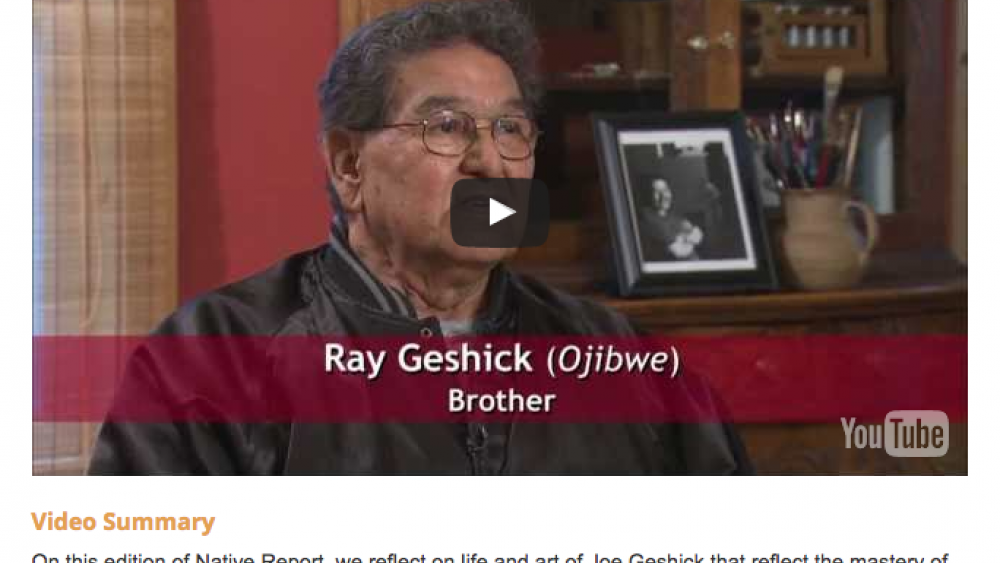
Native Report: Caricieri Decision
Native Report tackles the Caricieri Decision, a complex legal ruling that touches on issues of sovereignty, Indian gaming and the placement of tribal lands into "trust status."
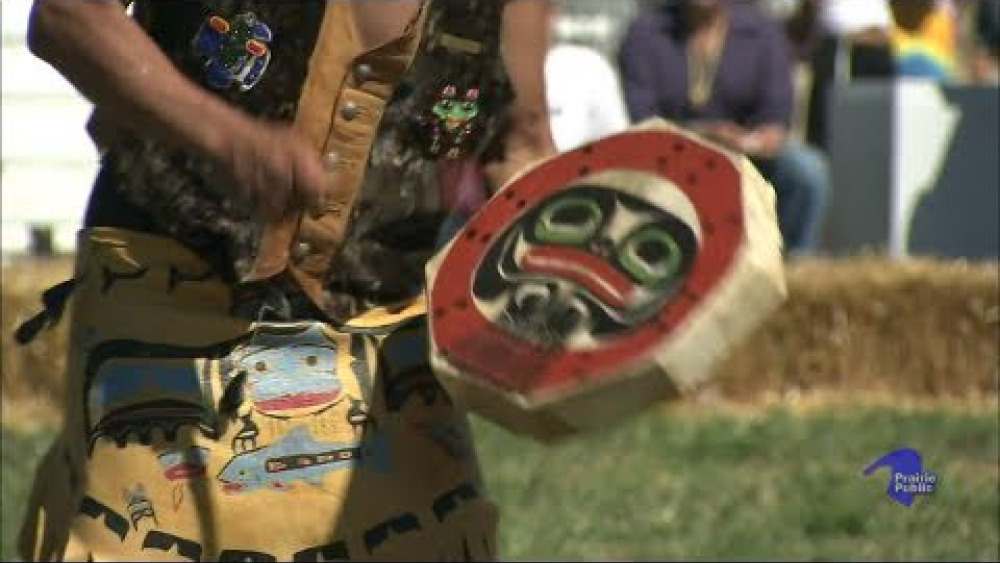
Indian Pride: Episode 102: Treaties & Sovereignty
Indian Pride, an American Indian cultural magazine television series, spotlights the diverse cultures of American Indian people throughout the country. This episode of Indian Pride features John Echohawk, Executive Director of the Native American Rights Fund, and focuses on understanding Indian…
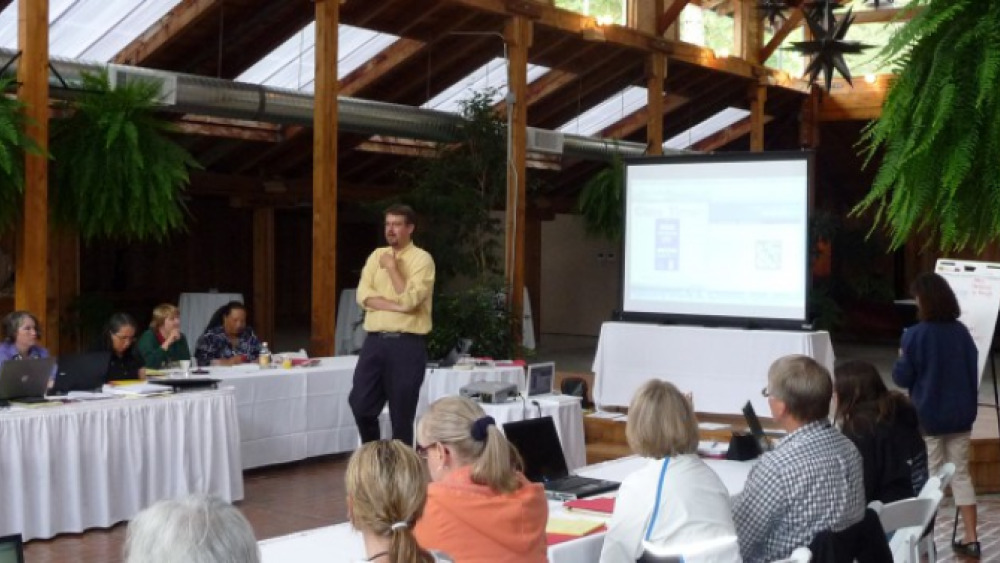
Since Time Immemorial: Tribal Sovereignty in Washington State Curriculum
Welcome to “Since Time Immemorial: Tribal Sovereignty in Washington State,” a ground-breaking curriculum initiative made possible through federal, state, and tribal funding. This project seeks to build lasting educational partnerships between school districts and their local tribes via elementary,…
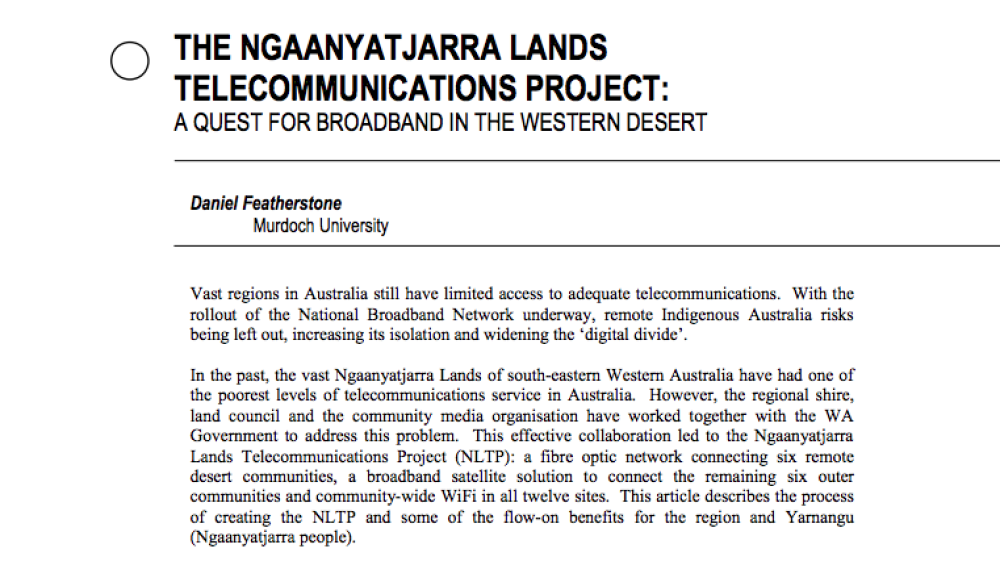
The Ngaanyatjarra Lands Telecommunications Project: A Quest for Broadband in the Western Desert
Vast regions in Australia still have limited access to adequate telecommunications. With the rollout of the National Broadband Network underway, remote Indigenous Australia risks being left out, increasing its isolation and widening the ‘digital divide’. In the past, the vast Ngaanyatjarra…
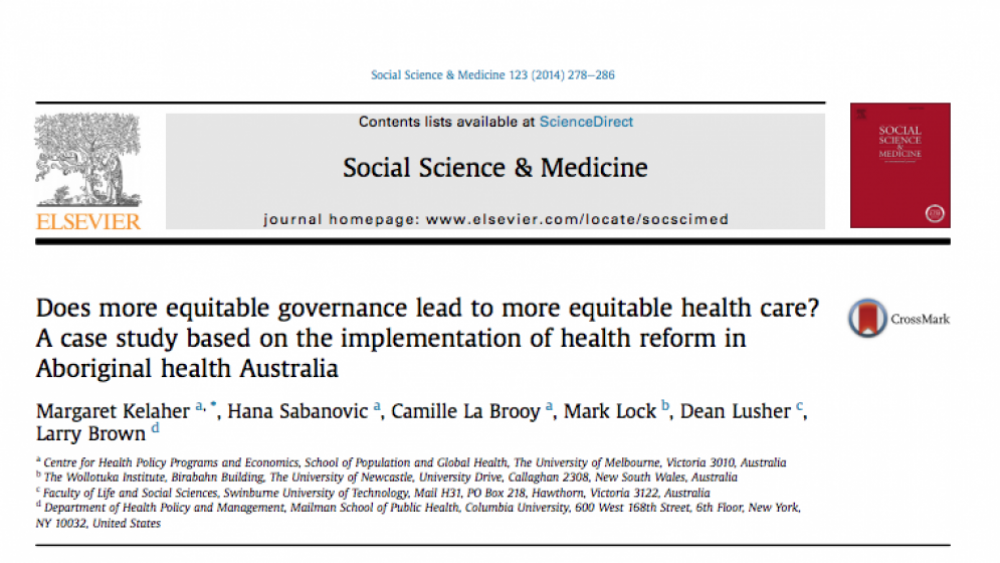
Does more equitable governance lead to more equitable health care? A case study based on the implementation of health reform in Aboriginal health Australia
There is growing evidence that providing increased voice to vulnerable or disenfranchised populations is important to improving health equity. In this paper we will examine the engagement of Aboriginal community members and community controlled organisations in local governance reforms associated…
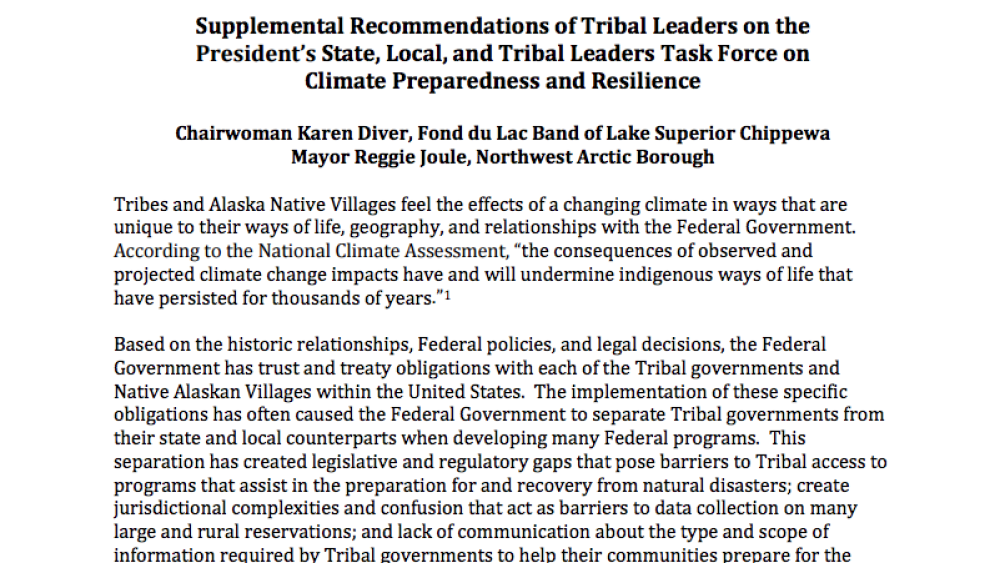
Supplemental Recommendations of Tribal Leaders on the President's State, Local, and Tribal Leaders Task Force on Climate Preparedness and Resilience
Tribes and Alaska Native Villages feel the effects of a changing climate in ways that are unique to their ways of life, geography, and relationships with the Federal Government. According to the National Climate Assessment, “the consequences of observed and projected climate change impacts have and…

President's State, Local, and Tribal Leaders Task Force on Climate Preparedness and Resilience: Recommendations to the President
As the Third National Climate Assessment makes clear, climate change is already affecting communities in every region of the country as well as key sectors of the economy. Recent events like Hurricane Sandy in the Northeast, flooding throughout the Midwest, and severe drought in the West have…
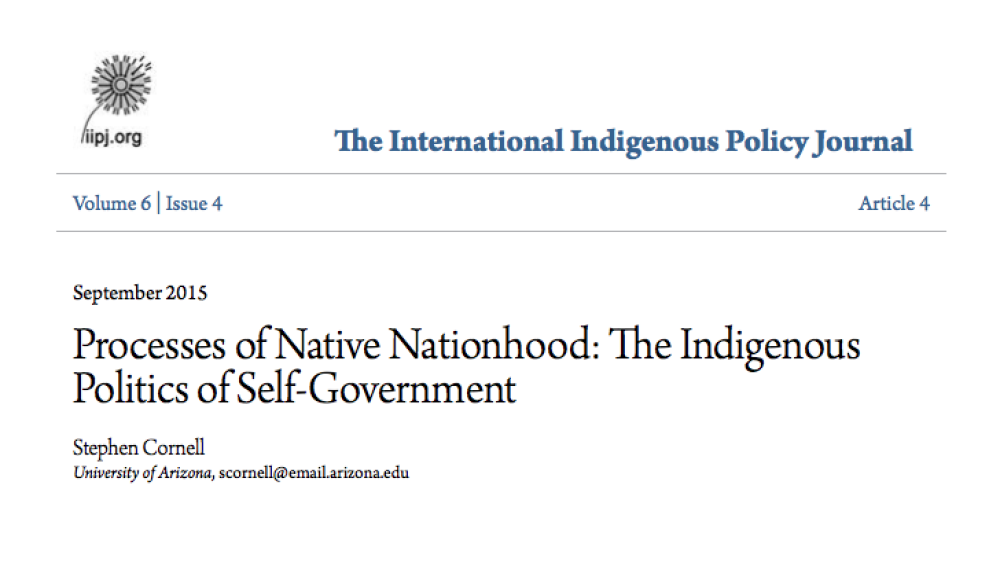
Processes of Native Nationhood: The Indigenous Politics of Self-Government
Over the last three decades, Indigenous peoples in the CANZUS countries (Canada, Australia, New Zealand, and the United States) have been reclaiming self-government as an Indigenous right and practice. In the process, they have been asserting various forms of Indigenous nationhood. This article…
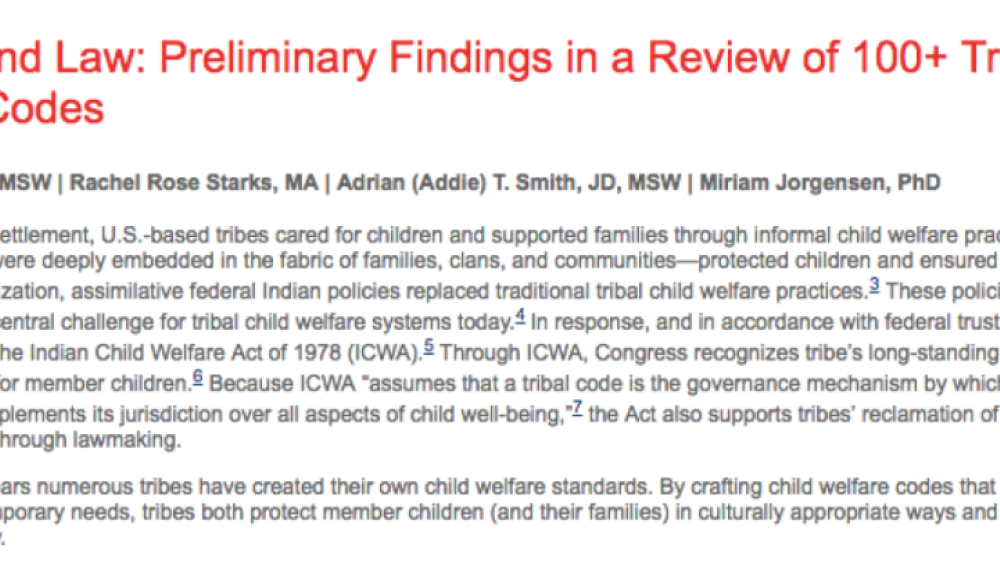
Culture and Law: Preliminary Findings in a Review of 100+ Tribal Welfare Codes
Over the last 35 years numerous tribes have created their own child welfare standards. By crafting child welfare codes that balance traditional culture and contemporary needs, tribes both protect member children (and their families) in culturally appropriate ways and reaffirm their sovereign…
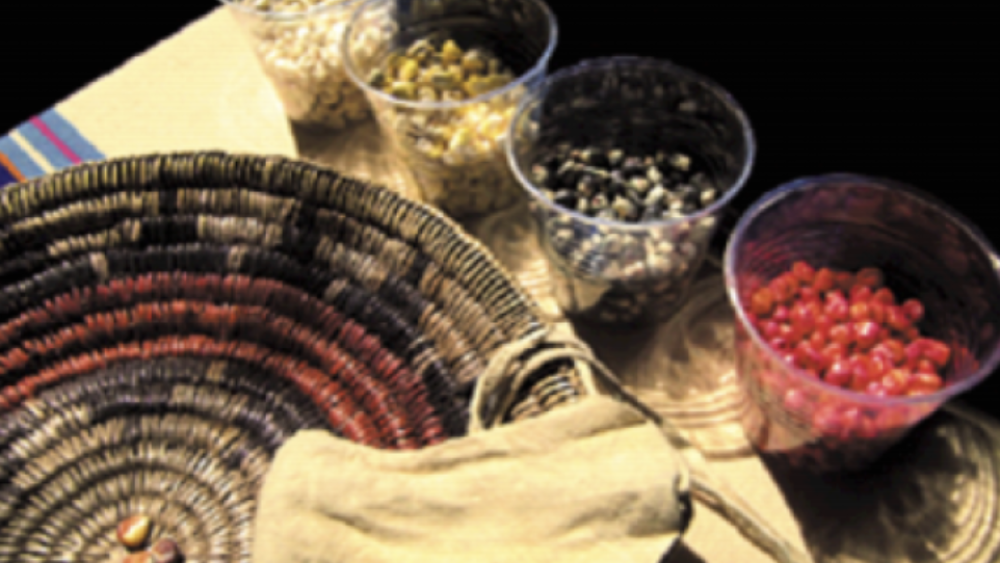
Diné Food Sovereignty: A Report on the Navajo Nation Food System and the Case to Rebuild a Self Sufficient Food System for the Diné People
In the most basic analysis, food is an essential component of human life. Food nourishes and sustains us; without adequate access to food, human beings cannot survive. As a basic necessity for life, food is interconnected with every sector of life and wellbeing including health (physical, mental,…
Pagination
- First page
- …
- 9
- 10
- 11
- …
- Last page
